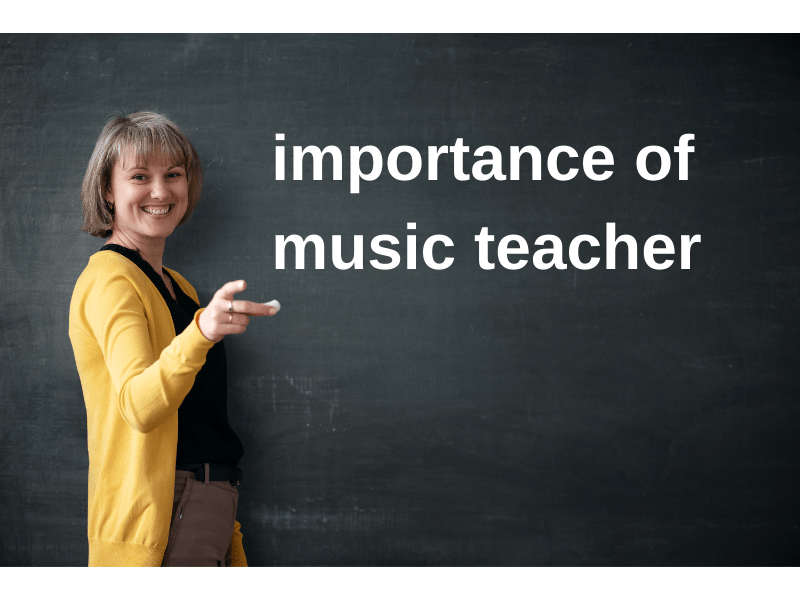
Music teachers play a crucial role in the development of students’ musical skills, appreciation, and overall personal growth. Here are some key aspects highlighting the importance of music teachers:
- Skill Development:
- Music teachers guide students in developing technical skills, such as playing instruments, reading sheet music, and understanding musical theory. This hands-on instruction is essential for building proficiency and confidence.
- Artistic Expression:
- Music is a form of art and self-expression. Teachers help students explore and communicate their emotions, thoughts, and experiences through music, fostering creativity and individuality.
- Cultural Appreciation:
- Music teachers introduce students to a diverse range of musical genres and styles, exposing them to different cultures and traditions. This helps broaden students’ cultural awareness and appreciation.
- Discipline and Commitment:
- Learning music requires discipline and consistent practice. Teachers instill these values in students, teaching them the importance of dedication, perseverance, and time management.
- Confidence Building:
- As students progress in their musical abilities, they gain a sense of accomplishment and self-esteem. Music teachers provide constructive feedback and encouragement, helping students build confidence not only in music but also in other areas of life.
- Teamwork and Collaboration:
- In ensemble settings, such as school bands or orchestras, music teachers teach students the importance of teamwork and collaboration. Students learn to listen to others, work together, and create a harmonious musical experience.
- Cognitive Development:
- Studies have shown that learning music has positive effects on cognitive skills, including memory, attention, and problem-solving. Music teachers contribute to the intellectual development of their students.
- Lifelong Appreciation for Music:
- A good music teacher can inspire a lifelong love of music. Whether or not students pursue music professionally, the lessons and appreciation instilled by a teacher can last a lifetime.
- Emotional Well-Being:
- Music has the power to evoke emotions and enhance well-being. Music teachers create a supportive and positive environment where students can explore and express their emotions through their musical endeavors.
- Life Skills:
- Beyond the musical realm, music teachers impart important life skills such as communication, adaptability, and resilience, which are valuable in various aspects of a student’s life.
In summary, music teachers not only impart musical knowledge and skills but also contribute significantly to the holistic development of their students, shaping their character, fostering creativity, and instilling a lifelong love for music.





